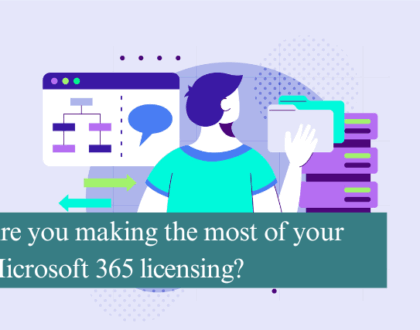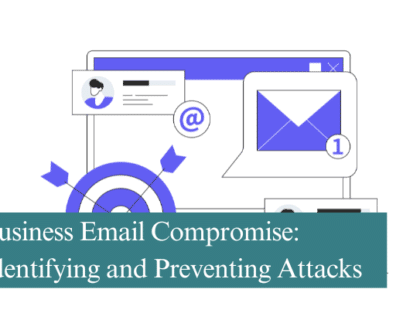
Data protection has become a more important issue these days when everyone’s using the Internet. But how do the data protection laws differ between the EU and the US?
Historical Differences
When it comes to invasion of privacy, Europeans have a different attitude. This is because their history is filled with numerous examples of personal data being misused. For instance, the Nazi regime used extremely personal data to round up Jews. After the war, communists then allowed secret police organizations to access personal data to catch dissenters and more. For these reasons, Europe has become more stringent at keeping personal data protected. In fact, they view data protection as a human right.
This long history of personal privacy invasion has made Europeans more aware of keeping personal data safe. Which is a huge contrast to data management in the US.
Americans and Their Privacy or Lack Thereof
In the US, for example, most people don’t consider it an invasion of privacy to have cookies stored in their devices. This is considered to be a tradeoff for being online. Most Americans will try to say that being tracked makes it easier to gain benefits such as free or lower-priced items. They view the benefits of being tracked as necessary and a beneficial tradeoff.
This is the case even after the revelations of Edward Snowden of how the country’s government can track citizens very easily. This is done through the Patriot Act. However, even then, many Americans find it acceptable to be tracked to at least a certain degree.
One thing that has begun to change Americans’ mind on data privacy are the data breaches suffered by large organizations. Such data breaches have made many people’s personal details available to cybercriminals.
Even so, Europeans are still more concerned about their data protection than most Americans.
If you’re a company doing business in the EU, do you know the GDPR and how to apply them to your business? If not, we’ve created a helpful guide to get you started in the right direction. This is only a guide—it’s best to seek legal advice on these matters before making decisions on how to handle, process, or store data from the EU.
1). Data Protection is a Human Right in the EU
As we mentioned earlier, data protection is considered a human right in the EU. For this reason, companies in all sectors must follow the Data Protection Directive. The directive regulates the processing of personal data within the EU and the free movement of that data.
Then in May 2018, the EU put into effect the General Data Protection Regulation (GDPR). This regulation is even more stringent than the old law. It provides even more transparency and trust about data collection, privacy, and sharing personal data for each individual.
2). Data Protection Laws in the US
In the US, personal data protection is not as strict as EU regulations. However, there are two federal laws on unfair and deceptive practices: Federal Trade Commission Act, Section 5, as well as the strict protection of children’s data in the COPPA (Children’s Online Privacy Protection Rule).
However, most data protection laws in the US are extremely fragmented and vary from state to state. There are more data protection rules for healthcare and financial institutions. And the state of California has its own regulations in place.
The end result of data protection in the US is paltry compared to EU regulations. In fact, you might say it’s non-existent due to the lack of cohesion. This makes US data privacy laws very lax compared to those in the EU.
3). Data Management for US Companies with EU Customers
Meeting GDPR compliance can be challenging for US companies that have EU customers. Even so, it’s more important now than ever to keep data legally protected when transferring data between countries. Here are some of the US & EU privacy agreements your business needs to be aware of:
Safe Harbour Agreement Replaced by Privacy Shield: back in 2016, the Safe Harbour Agreement was replaced with the Privacy Shield. Under this agreement, the US has agreed that it will not conduct mass surveillance of EU citizens. If US companies wish to import the data of EU citizens, then they must provide “robust obligations on how personal data is processed,” as well as comply with EU data protection laws.
GDPR: because of worries that the Privacy Shield wasn’t strong enough protection, the EU created the GDPR. The GDPR is considered one of the strongest pieces of legislation for the protection of personal data. The law covers all forms of data that can be used to personally identify specific people. US organisations must strictly the GDPR when it comes to accessing, storing, and movie personal data from the EU. Failure to do so can result in stiff fines and penalties.
4). What about US companies that Use Digital Marketing Tools, Cookies, and Automated Emails?
You’ll find some differences when it comes to what’s allowed in the US compared to what is/isn’t allowed in the EU.
For instance, in the US data that should be protected is categorised as “personally identifiable information.” This includes data such as name, address, telephone numbers, and more. If information will be used for marketing purposes, then it must include an opt-out, so individuals are able to maintain their privacy if desired.
On the other hand, in the EU companies must protect all types and levels of personal data. This includes IP address and cookies. Right now, because of the GDPR, you’re required to get the individual’s consent by using an obvious cookie tracking consent. This will require a double opt-in for all marketing communications, including automated emails.
5). New Regulations Can Help Fine-Tune Marketing Strategies
While the GDPR is very strict and will probably become a global rule, this can actually work to your company’s benefit. That’s because you’ll receive implicit permission from individuals to receive your marketing communications. In other words, your marketing efforts will be more targeted because of the GDPR.
If your business is in the EU or the US, and you’d like more information on how to stay compliant with the GDPR, as well as other data protection laws, then reach out today. We have the knowledge you need to become compliant. We’re looking forward to talking with you!
Recommended Posts

Are you making the most of your Microsoft 365 licensing?
4th July 2025


